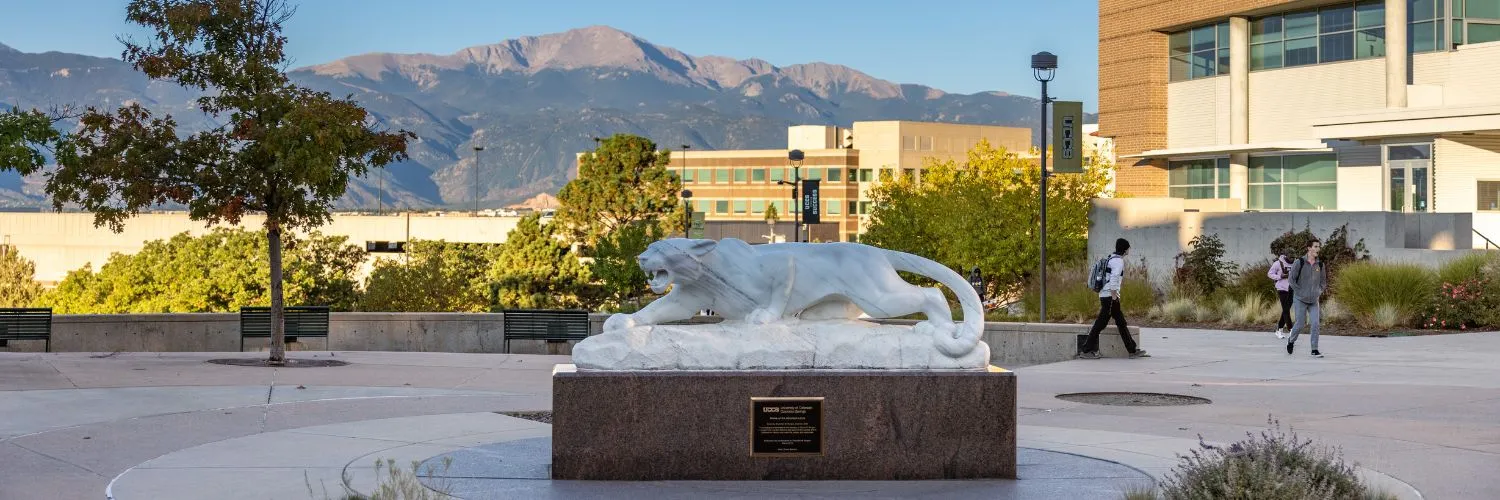
Academic Degrees & Programs
Bachelor of Arts (BA) in Philosophy
The undergraduate Philosophy degree program offers students the opportunity to explore the fundamental questions of human existence, values, and reality.
Through studying philosophy, students gain a better understanding of themselves and the world around them, as well as develop critical thinking, analytical, oral, and written communication skills.
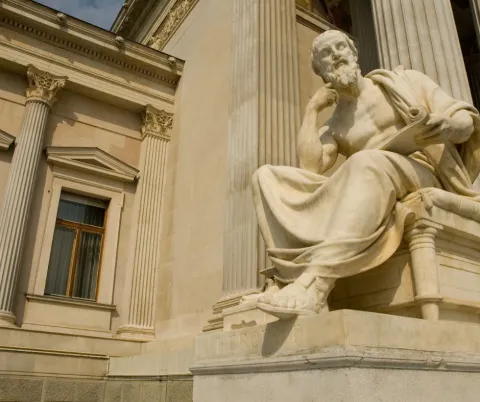
Dual Majors
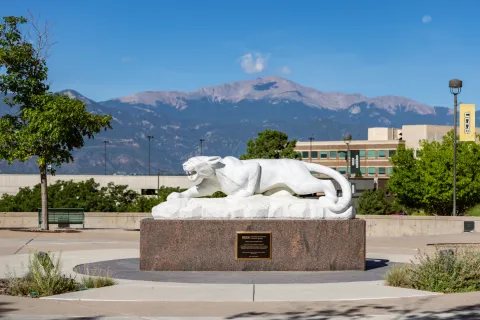
Minor in Philosophy
The Philosophy minor at UCCS provides students with a broad understanding of philosophy.

Minor in Classics
The Classics minor at UCCS is an interdisciplinary program focusing on the study of art, culture, history, literature, philosophy, religion, theatre, and women’s studies, in conjunction with language training in Greek and Latin.

Minor in Asian Studies
The Asian Studies minor at UCCS serves as a base and resource for those engaged or interested in the study of Asian cultures, languages, or thought. Through our research, teaching, and service, we aim to facilitate and expand comprehension and appreciation of Asian artistry, culture, geography, history, philosophy, and politics. As an intellectual community, we construe the concepts of “Asia” and “Asian diaspora” broadly and critically, opening the program to a wide variety of cultural perspectives while also emphasizing the need for awareness of the differences among the regions of the continent, as well as the roughly 4.5 billion people who live there.
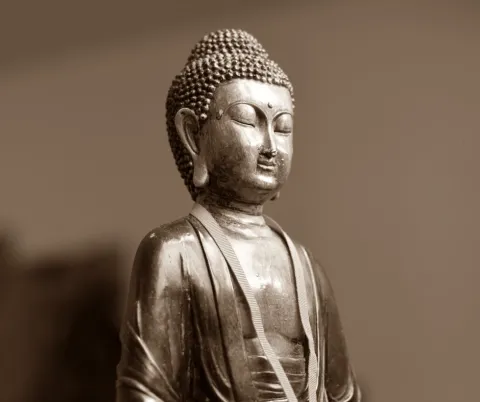
Minor in Pre-Law
The Pre-Law Minor is an interdisciplinary program that focuses on the major legal, political, and social institutions and systems of our society.

Minor in Religious Studies
The Religious Studies minor at UCCS teaches students to examine and analyze religious beliefs and practices within their cultural, political, and historical contexts. Students graduate with a firm grasp of religion as expressed through its cultural artifacts in different times and places, a foundation that is crucial to understanding human individuals and societies in the past, present, and future.

Religion and Nonprofit Certificate
College of Letters, Arts, and Sciences (Philosophy Department)
College of Public Service
University of Colorado Colorado Springs
Nonprofits play a vital role in serving communities, and many of their guiding principles are rooted in ethical and religious traditions. While this certificate is not limited to students pursuing careers in faith-based organizations—of which there are many in Colorado Springs—understanding world religions, ethical frameworks, and the motivations behind charitable giving provides students with valuable insights into working with diverse populations. Whether interacting with donors, volunteers, or those in need, a deep understanding of religious and cultural perspectives can enhance a nonprofit professional’s ability to build relationships, foster trust, and drive impact.
General Requirements
The certificate consists of five courses totaling fifteen credit hours of undergraduate coursework. A grade of C or better is required in each course counting toward the certificate.
Required Courses:
- PADM 3950—Exploring Ways to Engage with Nonprofit Organizations (Spring)
- PADM 3951—Resilience in Nonprofit Leadership (Fall)
- PHIL 3040—Religion and Nonprofits (taught every other Spring)
- PHIL 4800—Internship (3 credit hours taken any semester)
Required (Select 1 Course from the Following Options)
- PHIL 1100—Introduction to Religion (taught every other Fall)
- PHIL 3100—World Religions (taught each semester)
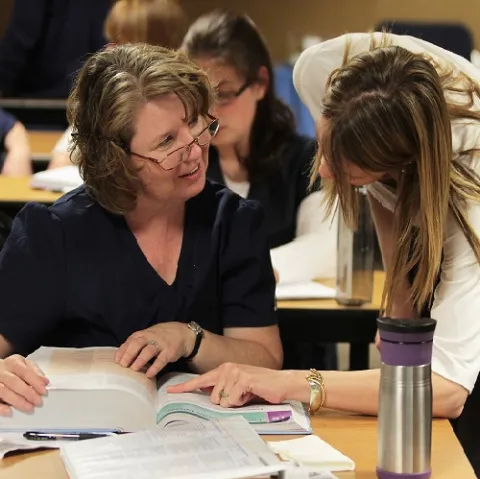
Accelerated Master's Pathway (AMP)
The Bachelor of Arts in Philosophy to Master of Business Administration (MBA) Accelerated Master
Program (AMP) is designed to allow students to work concurrently on the BA and the MBA.
Additional Learning Opportunities
Explore upcoming opportunities for learning outside the classroom.
